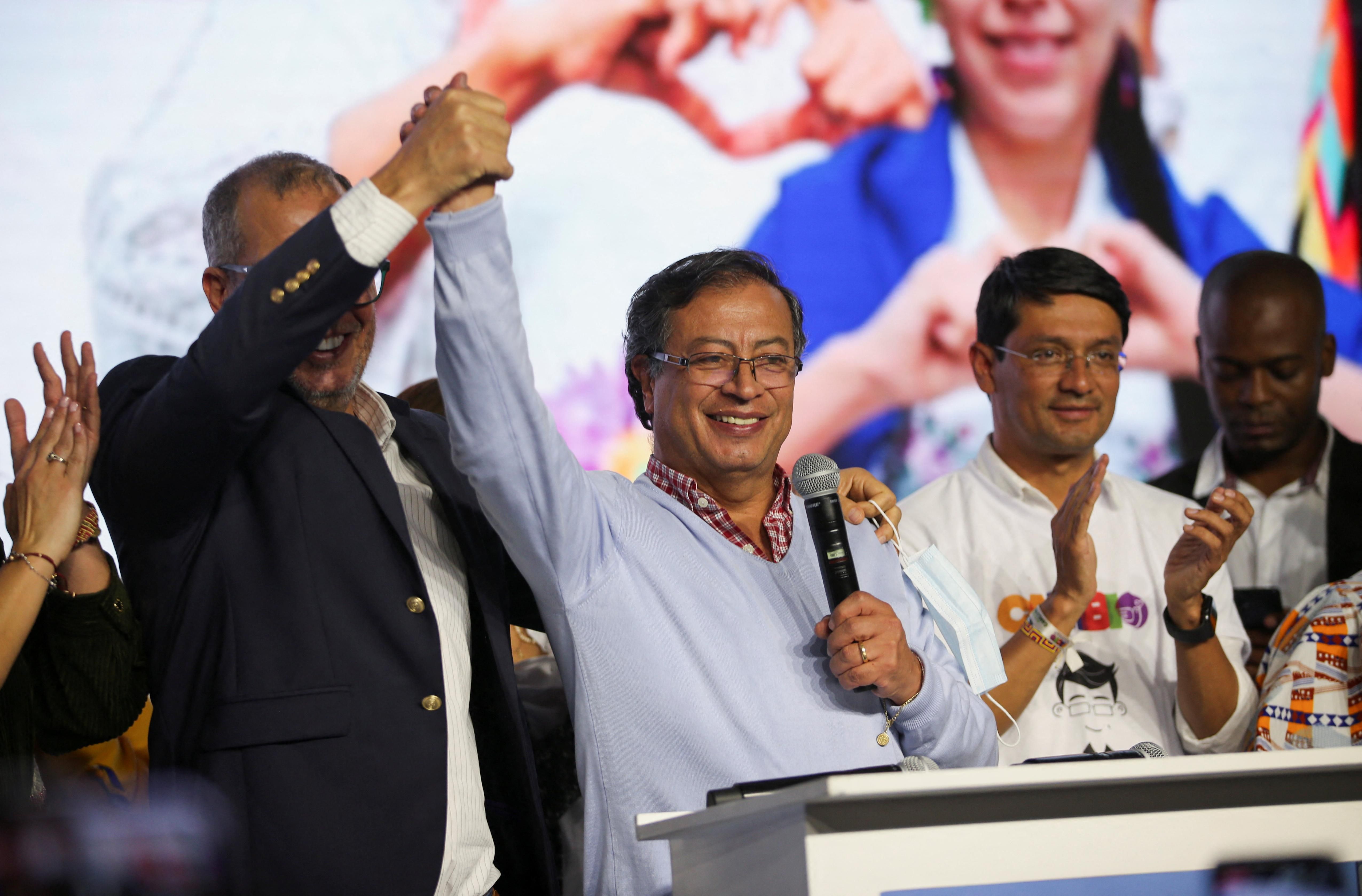Left-winger Petro is Colombia’s man to beat
Gustavo Petro ran the table in Sunday’s presidential primaries, drawing more votes from his Historic Pact Party’s voters alone than the winning candidates of the other two party primaries combined. In the May 29 first-round general vote Petro, a one-time guerrilla and former mayor of Bogotá, will face off against a bevy of at least five candidates, the strongest of whom include two former mayors of Medellín, the centrist Sergio Fajardo and right-winger Federico Gutierrez. But having surpassed 40 percent in recent polls, Petro could be on track to win outright in the first round. If he did, it would be a political earthquake in a country where decades of war with Marxist guerrillas had long kept national politics firmly on the center right. Petro has called for higher taxes on the wealthiest Colombians, ambitious land reform to help peasant farmers, and wants to shutter the country’s oil industry, which accounts for half of all export revenue. The country’s traditional political and business interests are naturally alarmed — so buckle up for what will be an exceedingly nasty campaign homestretch in South America’s third-largest economy and a major US ally.
Corsican nationalist violence
For more than a decade, Corsican independence militant Yvan Colonna has been in prison for the assassination of a top local French official. But after a fellow prisoner beat him into a coma earlier this month, things got spicy on the rugged, Mediterranean island, which has long chafed under French rule. Corsican nationalists said the attack was orchestrated by Paris, and several thousand took to the streets over the weekend, including a few hundred extremists who hurled Molotov cocktails and rocks at the police. Authorities pushed back with tear gas and water cannons. In total, close to 70 people were injured, about two-thirds of them police. The French interior minister called for calm and plans to visit the island on Wednesday.More For You
People in support of former South Korean President Yoon Suk Yeol rally near Seoul Central District Court in Seoul on Feb. 19, 2026. The court sentenced him to life imprisonment the same day for leading an insurrection with his short-lived declaration of martial law in December 2024.
65: The age of former South Korean President Yoon Suk Yeol, who was sentenced to life in prison on Thursday after being found guilty of plotting an insurrection when he declared martial law in 2024.
Most Popular
In an era when geopolitics can feel overwhelming and remote, sometimes the best messengers are made of felt and foam.
The Hungarian election is off to the races, and nationalist Prime Minister Viktor Orbán is facing his most serious challenger in 16 years.
Does skepticism rule the day in politics? Public opinion data collected as part of the Munich Security Conference’s annual report found that large shares of respondents in G7 and several BRICS countries believed their governments’ policies would leave future generations worse off.
